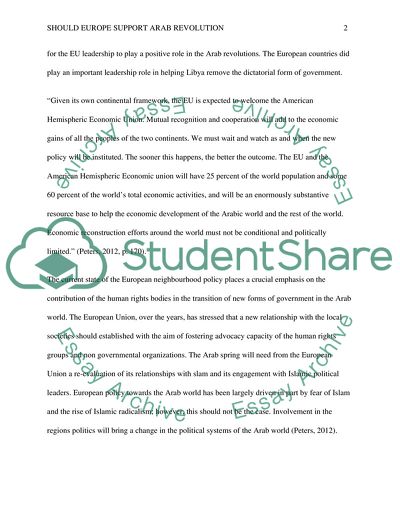Cite this document
(“Should Europe Support Arab Revolutions Research Paper”, n.d.)
Should Europe Support Arab Revolutions Research Paper. Retrieved from https://studentshare.org/politics/1774979-should-europe-support-the-revolutions-sweeping-the-arab-world
Should Europe Support Arab Revolutions Research Paper. Retrieved from https://studentshare.org/politics/1774979-should-europe-support-the-revolutions-sweeping-the-arab-world
(Should Europe Support Arab Revolutions Research Paper)
Should Europe Support Arab Revolutions Research Paper. https://studentshare.org/politics/1774979-should-europe-support-the-revolutions-sweeping-the-arab-world.
Should Europe Support Arab Revolutions Research Paper. https://studentshare.org/politics/1774979-should-europe-support-the-revolutions-sweeping-the-arab-world.
“Should Europe Support Arab Revolutions Research Paper”, n.d. https://studentshare.org/politics/1774979-should-europe-support-the-revolutions-sweeping-the-arab-world.


